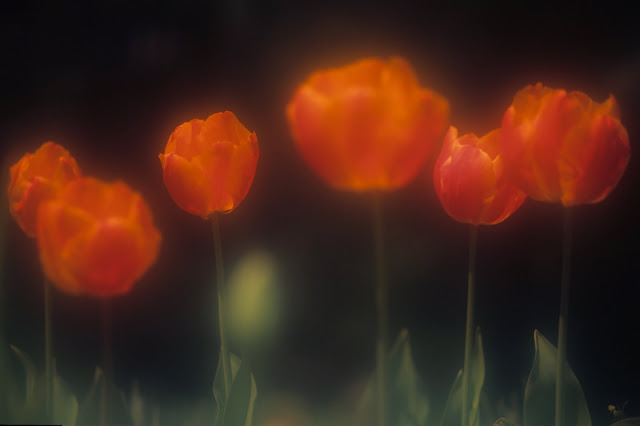Bamboo Grove, Hasedera Buddhist Temple, Kamakura, Japan
Photo by Urashimataro
Photo by Urashimataro
Imagine a world in which you are liberated from all of the labels that have been imposed on you throughout your life. Imagine a world in which that elusive experience we call "enlightenment," "awakening," or "higher consciousness" is not to be found in another time and place, but, instead, is to be found right under your nose — in this moment, this place, with all of your imperfections.
These are two of the matters discussed by Alan Watts in his introduction to Zen: The Supreme Experience. Having just reread that portion of the book, I am providing a few quotes that I find extremely liberating.
I must begin with a word of explanation. Some time ago I was in a radio station as a participant in a panel discussion on man and religion. Before we went on air, the moderator asked all the participants around the table to introduce themselves. I was sitting on his left, and the man on his right began: Rabbi So-and-so, Jewish; Reverend So-and-so, Protestant minister; Father So-and-so, Catholic priest; Doctor So-and-so, logical positivist and so on. When it was my turn, I said, 'Alan Watts, no label." Immediately, there was an outcry: "You aren't being fair."
I say 'No label' sincerely, because although I speak a great deal about Zen, I never refer to myself as a 'Zen-ist" or as a Buddhist because that seems to me like packaging the sky.
There is an excellent reason for the absence of a definition of Zen. All systems that have preconceived views of what the human being is and what the world ought to be categorize existence under labels. People who have Jehovah-like ideas of an order that they wish to impose on reality also use labels. But when one's concern is not to order the world around but to understand it, to experience it and to find out about it, you give up this superior attitude and become receptive.
Then, instead of knowing all about it, you come to know it directly. But this 'knowing' is difficult to talk about because it has to be felt. It is the difference between eating dinner and eating the menu.
• • • • •
We may in the past have had marvelous spiritual experiences — almost everyone in this world is lucky enough to experience satori once in their life . . . Ever afterwords, you search for that experience again: 'I want it that way.' You once had a wonderful girlfriend, and now you want another just like her. That way of thinking blocks the possibility of meeting with life. This is why meditation for Zen practitioners and Taoists means affirming that your everyday mind is the way — not the mind you ought to have or the mind you might have if you practiced acceptance or concentration. We want you to look at it just the way it is right now — that's Buddha. Just like that.
Of course, many will say this is nonsense. 'The way I am now is degraded, ordinary, unevolved, not spiritual, decadent.' Yet remember this phrase from the Zenrin poem: 'At midnight, the sun brightly shines.' All right, it is midnight now. This, at this moment, is the awful dark thing we think we are. Yet the poem also says, 'This is Buddha.'
A monk once asked a Zen master, 'What is Zen?' The master replied, 'I don't feel like answering now. Wait until there is nobody else around and I'll tell you.' Some time later the monk returned to the master and said, 'There is nobody around now, Master. Please tell me about Zen.' The master took him into the garden and said, 'What a long bamboo this is! What a short bamboo that is!'
So you may be a long bamboo, you may be a short bamboo. You may be a giraffe with a long neck or a giraffe with a short neck.. What you are now is the very point. There is no goal because all goals are in the future. There is only the question of what is. Look and see; see how, of its own accord, it comes to your eye.Alan Watts, No Label



























